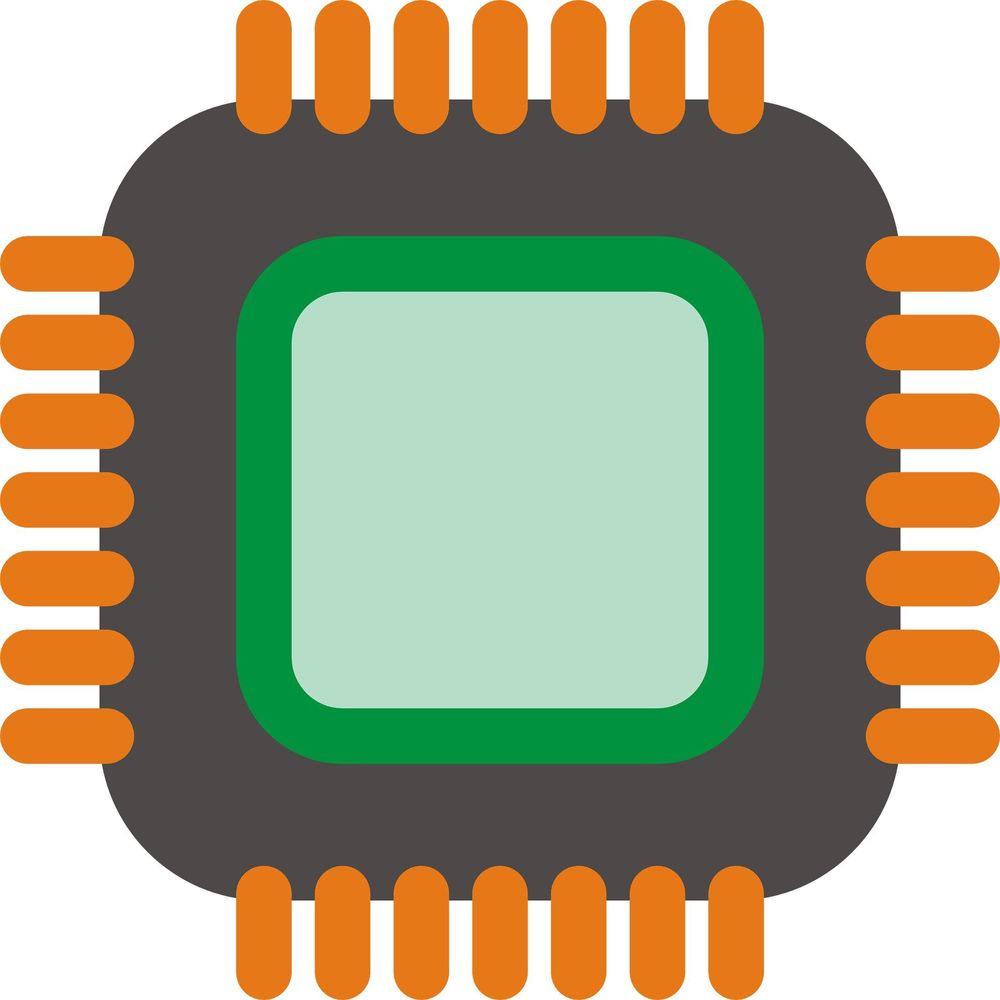Scientists working on-board the International Space Station have created what they describe as the fifth state of matter, a state referred to as the ‘Bose-Einstein condensate’, initially theorized by Albert Einstein and Satyendra Nath Bose in the 1920s.
Get the latest international news and world events from around the world.


Lithium-ion batteries take chemistry Nobel
Chemistry Nobel
Olof Ramström, from the Nobel Committee, said lithium-ion batteries had “enabled the mobile world”.
Three scientists have been awarded the 2019 Nobel Prize in Chemistry for the development of lithium-ion batteries.
John B Goodenough, M Stanley Whittingham and Akira Yoshino share the prize for their work on these rechargeable devices, which are used for portable electronics.
At the age of 97, Prof Goodenough is the oldest ever Nobel laureate.



Israeli AI firm that offers early COVID-19 detection gets FDA approval
CLEW, an Israeli medtech firm specializing in real-time AI analytics platforms, received approval from the United States Food and Drug Administration (FDA) for its “Predictive Analytics Platform in Support of COVID-19 Patients,” the company announced Tuesday.
The Intensive Care Unit (ICU) solution was given Emergency Use Authorization (EUA) by the FDA so that it may be implemented within the United States’ health system as soon as possible.
Light bulb vibrations yield eavesdropping data
In an era of digital eavesdropping where hackers employ a variety of means to take over built-in video cameras, peruse personal digital data and snoop on cellular conversations, researchers have finally seen the light.
Literally.
Israeli researchers report that they successfully tapped into speech and music inside an apartment simply by focusing on a light bulb.

Intel Tiger Lake to have built-in malware defense
Intel Corporation announced Monday that its forthcoming Tiger Lake processors will pack a defense mechanism against Spectre-type malware attacks.
Spectre vulnerabilities allowed hackers to break into systems using Intel processors manufactured over two decades and steal passwords, personal photos, emails and other sensitive data stored in the memory of other running programs.
Such control-flow hijacking attacks have always been difficult to mitigate through software programs. Intel’s new Control-Flow Enforcement Technology (Intel CET) will install CPU-level defense mechanisms to combat such assaults.


